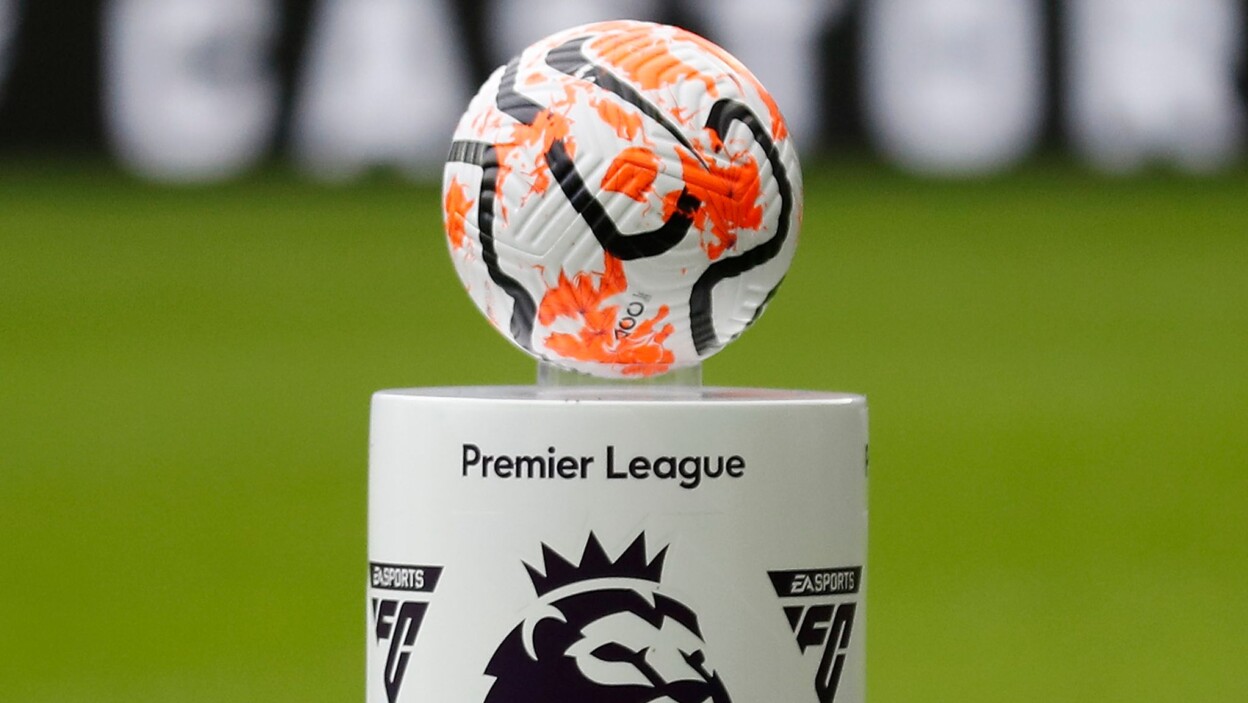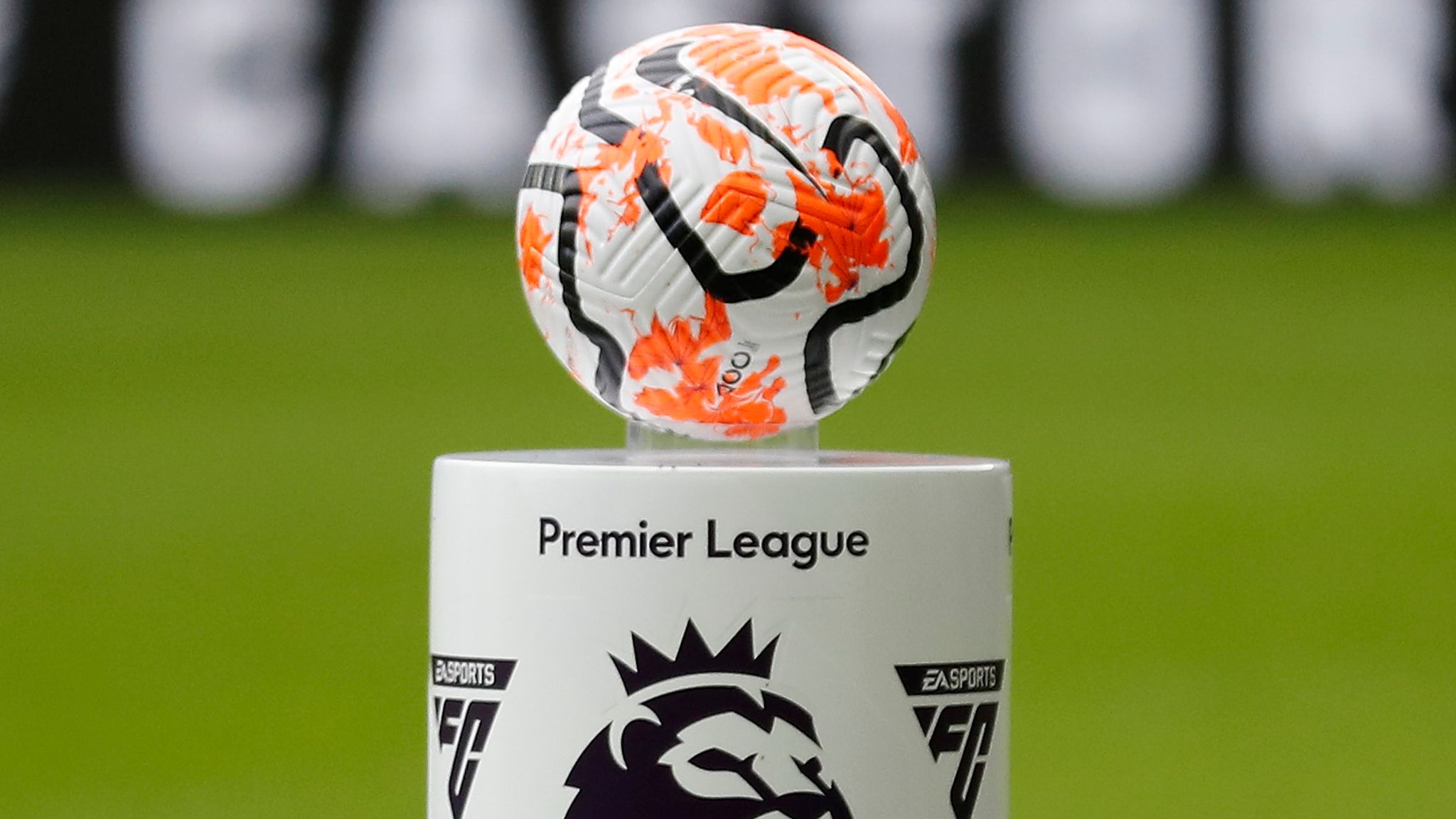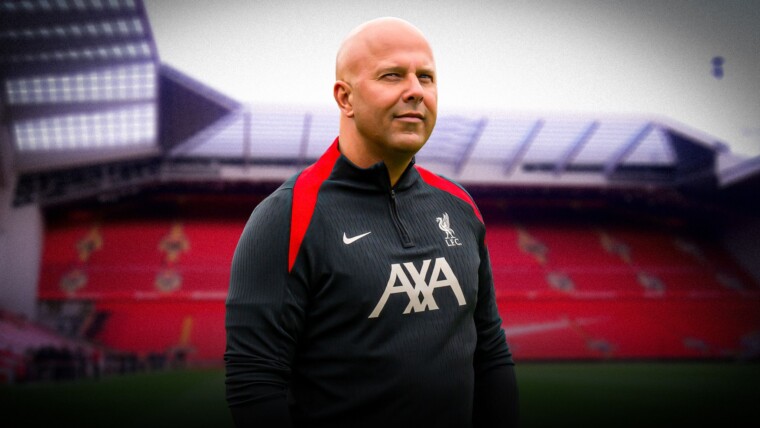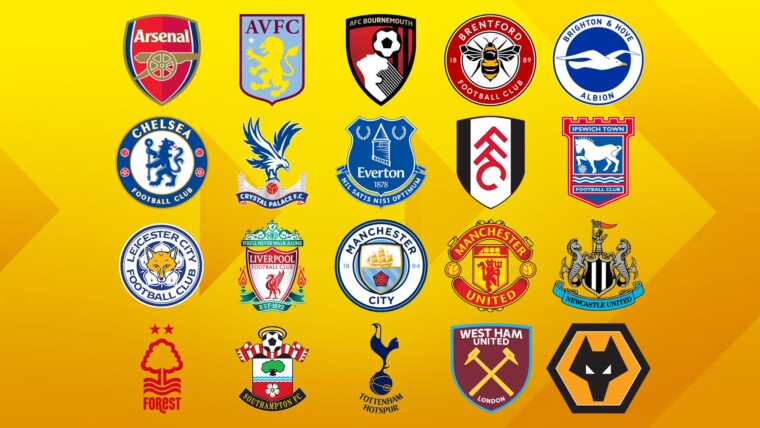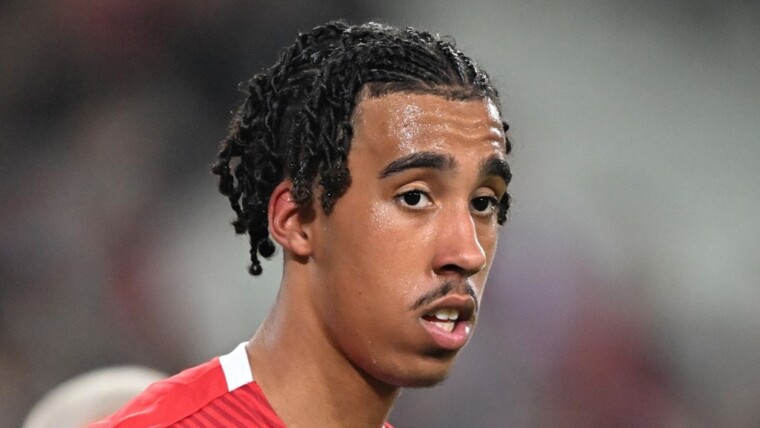The contentious Premier League profitability and sustainability rules (PSR) are expected to be replaced by a new financial regulation framework as early as this summer.
The new approach will be in line with the Financial Sustainability Regulations (FSR) of UEFA, namely the squad cost-to-revenue ratio.
These rules will eventually restrict the amount of money clubs playing in European competitions can spend on player salaries, transfer fees, and other expenses to no more than 70% of their total revenue.
With a sliding scale of sanctions in place where clubs exceed that percentage, the Premier League has been looking at a mechanism that allows clubs to spend up to 85% of revenue on squad costs.
The continuing cases involving Everton, Nottingham Forest, and Manchester City will all continue to be evaluated using the current financial models if the new regulations are accepted.
“At a Premier League Shareholders’ meeting, clubs agreed to prioritise the swift development and implementation of a new League-wide financial system,” according to a statement released by the Premier League on Monday.
“This will provide certainty for clubs in relation to their future financial plans and will ensure the Premier League is able to retain its existing world-leading investment to all levels of the game.
“Alongside this, Premier League clubs also re-confirmed their commitment to securing a sustainably-funded financial agreement with the EFL, subject to the new financial system being formally approved by clubs.
“The League and clubs also reaffirmed their ongoing and longstanding commitment to the wider game which includes £1.6 billion distributed to all levels of football across the current three-year cycle.
“The Premier League’s significant funding contributions cover all EFL clubs and National League clubs, as well as women and girls’ football, and the grassroots of the game.”
After their appeal hearing, Everton’s 10-point sanction for violating the Premier League’s sustainability and profitability standards was lowered to six last month.
On November 17, an independent panel decided that Everton had overrun allowed losses by £19.5 million during an assessment period that concluded with the 2021–22 season. As a result, Everton was sanctioned.
The hearing took conducted over three days, concluding at the beginning of February, when the club filed an appeal of the ruling.
Everton and Nottingham Forest were both accused of breaking the regulations twice in January, and as a result, they could lose further points.
By April 15, Forest ought to be aware of their sentence, however they have the option to challenge that ruling.
Richard Masters, the chief executive of the Premier League, announced in January that Manchester City would be hearing on 115 charges of financial rule violations. He did not provide a date for the hearing, though.
At Monday’s shareholders meeting, Premier League teams made no offer of greater money for English Football League clubs, despite the current developments.
Prior to the meeting, high-level sources had voiced optimism, which may have been crucial following a meeting on February 29 that was referred to as “staging.”
A plan to boost EFL club financing from £340 million to £500 million year for six years, however, was not even put to a vote because elite clubs believe they must first work out a new financial structure that will eventually replace the current one.
The Government has been clear that it wants the football authorities to reach a new financial settlement between themselves, but it has also issued warnings that ‘backstop’ powers that would be granted to the new independent regulator could force them to agree to one.
Put simply, after adding up all of the Premier League clubs’ losses from the previous three seasons, they can’t have lost more than £105 million.
Over the three years, clubs can only lose a maximum of £15 million of their own funds. Therefore, compared to their revenue from TV payments, season tickets, player sales, and other sources, it represents no more than £15 million in additional expenses for things like transfer fees, player wages, and, in many cases, compensating previous managers.
‘Secure finance’, or essentially bankrolling the club, means that the remaining £90m of the £105m must be secured by their owners purchasing shares.
Other posts by Hiresh

